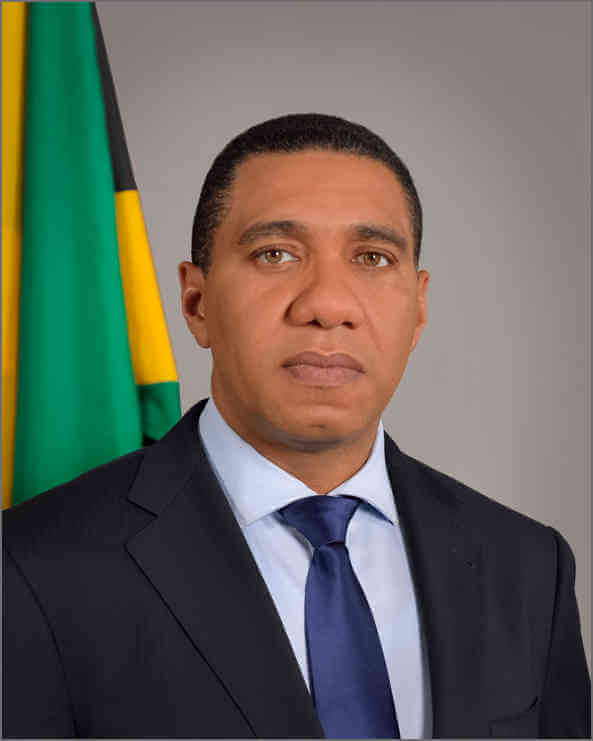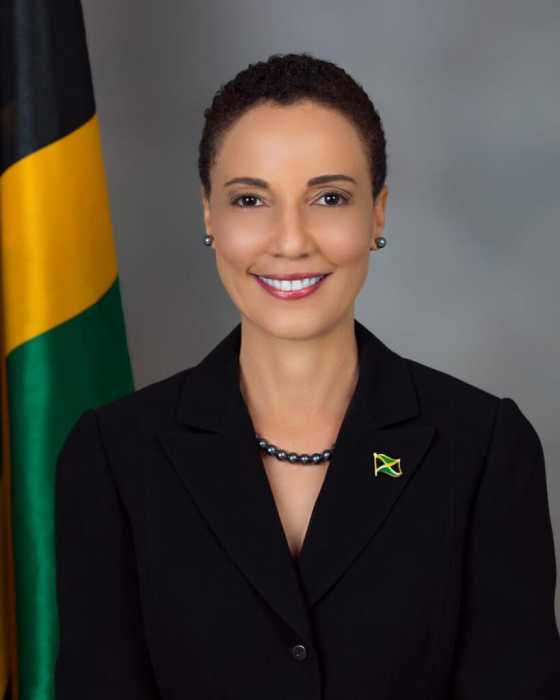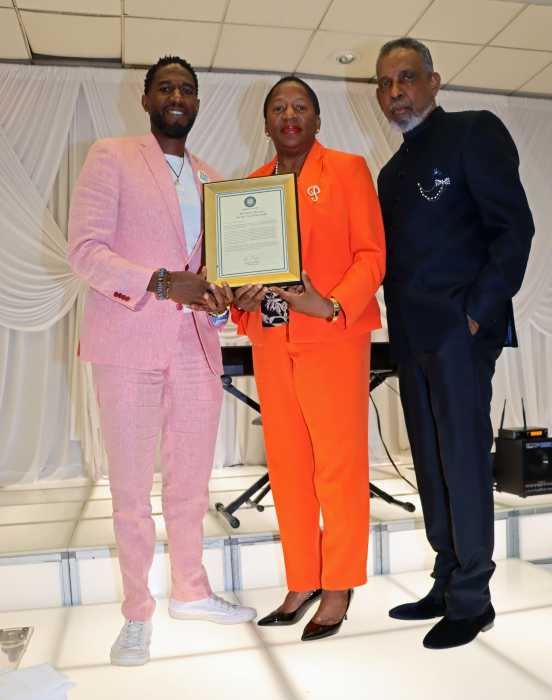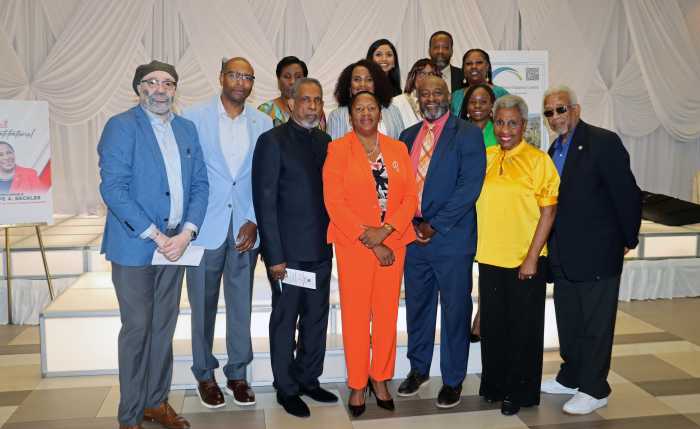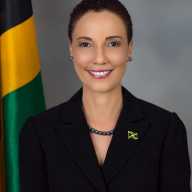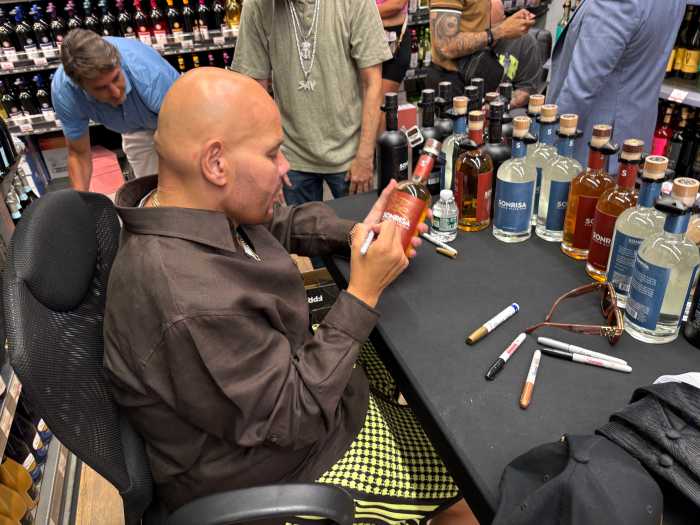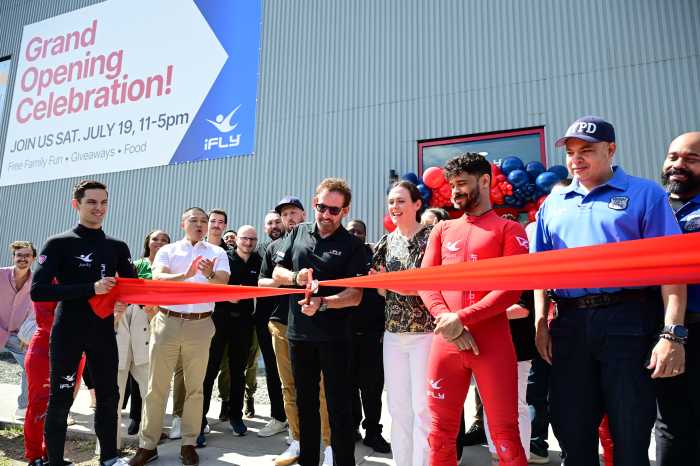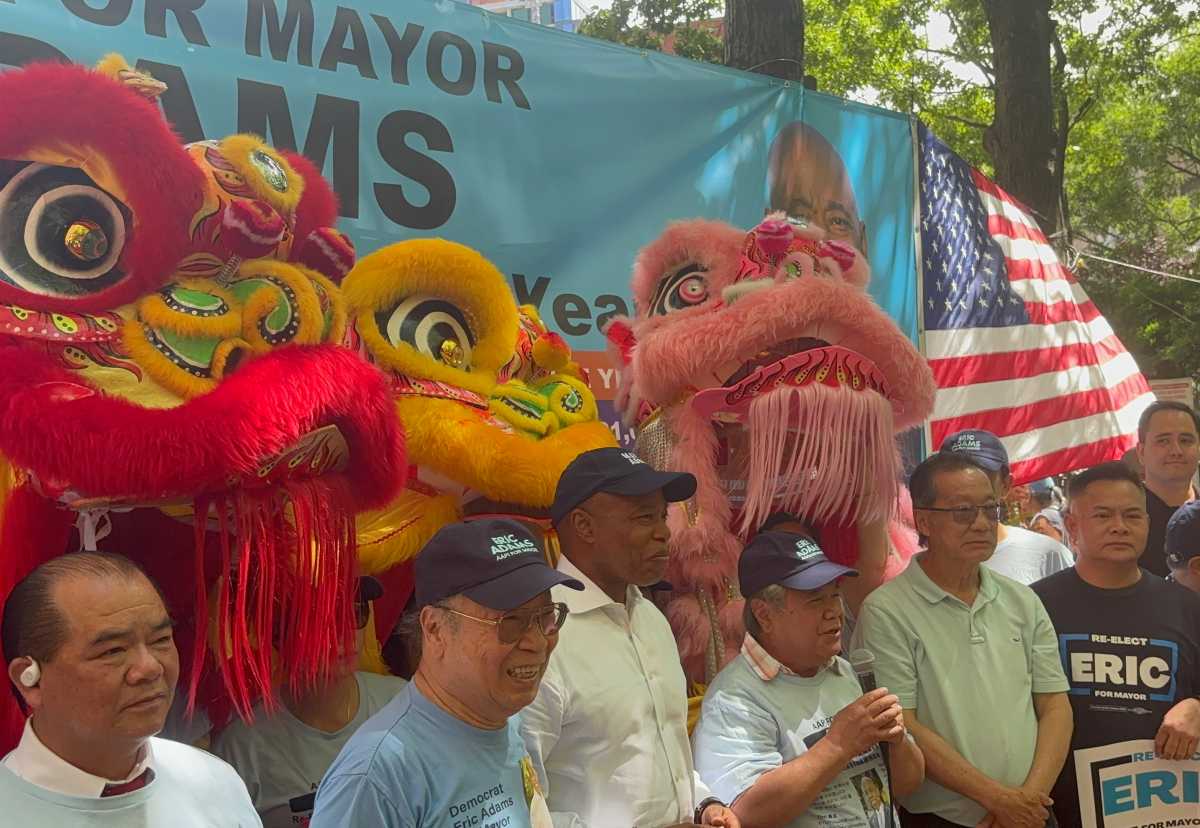With the Trump administration openly and strongly supporting Venezuela’s Opposition Leader, Juan Guaidó in the on-going crisis in that South American country, the White House announced on Tuesday that President Donald J. Trump will meet with select Caribbean leaders at his Mar-a-Lago resort in Florida on Friday, March 22.
The White House said in a statement that Trump will meet with the leaders of the Bahamas, the Dominican Republic, Haiti, Jamaica and St. Lucia to reaffirm Washington’s “strong friendship with and commitment to these countries, and signal the importance of the Caribbean to the hemisphere.
“The president will discuss his vision for our diverse relationships in the Caribbean and the potential opportunities for energy investment,” said the statement, adding that Trump and the Caribbean leaders will also discuss Chinese economic intervention in the region and the extant political and economic crisis in Venezuela.
Trump was vehemently condemned in several quarters last year after reportedly using derogatory language to describe immigrants from Haiti and African nations.
He also reportedly suggested that the US should welcome immigrants from countries like Norway, according to the Hill, which covers the US presidency and US Congress.
“Never said anything derogatory about Haitians other than Haiti is, obviously, a very poor and troubled country. Never said ‘take them out.’ Made up by Dems,” tweeted Trump in responding to a report about his remarks at the time. “I have a wonderful relationship with Haitians. Probably should record future meetings — unfortunately, no trust!”
In late January, Caribbean Community (CARICOM) leaders ended a meeting with United Nations Secretary General, Antonio Guterres, at UN headquarters in New York, expressing optimism that the UN will assist in establishing the road map towards peace and security for Venezuela.
CARICOM chairman and St. Kitts-Nevis Prime Minister, Dr. Timothy Harris, led a delegation, which included his Trinidad and Tobago counterpart Dr. Keith Rowley and Barbados Prime Minister, Mia Mottley.
The regional leaders had sought to explore the possibility of the UN intervening in the ongoing political situation in the South American country.
“We believe in the coming days there will be work towards dialogue, so that the internal difficulties in Venezuela can be approached without intervention and interference from those who may have a different approach,” said Rowley in a statement then.
The statement noted that “coming out of the meeting, the CARICOM delegation is satisfied that if the conditions for such can be met, the UN will assist in establishing the road map towards peace and security for Venezuela and the region”.
The meeting with the UN secretary general followed an emergency meeting of CARICOM leaders, at which they decided that the regional body should engage the global organization.
Following discussions with Guterres, the CARICOM delegation held a meeting with the Canadian ambassador to the United Nations, Marc-Andre Blanchard, and was also expected to meet with officials from Russia, China and Venezuela.
After Venezuela’s Guaidó declared himself the interim leader of Venezuela, he was promptly recognized by several countries, including the United States, Canada and some Latin American states.
But Russia, China and Cuba remained supportive of President Nicolas Maduro, who was sworn into office in January for a second consecutive term as president.
The Trump administration and its allies have accused Maduro of suppressing democratic rights in Venezuela and have called for his removal.
The 15-member CARICOM grouping has been divided on the Venezuela issue.
In January, Jamaica, Haiti, the Bahamas, Guyana and St. Lucia supported a resolution at the Organization of American States in not recognizing Maduro’s second five-year term of Maduro. Dominica, St. Vincent and the Grenadines, and Suriname voted against the measure.
St. Kitts-Nevis, Trinidad and Tobago, Antigua and Barbuda, Barbados and Belize abstained during the vote; while Grenada was not present.
Nonetheless, in the statement that followed their teleconference in January, the regional leaders s “reaffirmed their guiding principles of non-interference and non-intervention in the affairs of states, respect for sovereignty, adherence to the rule of law, and respect for human rights and democracy.
“Heads of Government reiterated that the long-standing political crisis, which has been exacerbated by recent events, can only be resolved peacefully through meaningful dialogue and diplomacy,” the statement said, noting that they have “offered their good offices to facilitate dialogue among all parties to resolve the deepening crisis.”
However, political analysts in Washington, D.C. say Trump is using CARICOM leaders’ division on Venezuela to further drive a wedge among them on the issue, and will use Friday’s scheduled meeting as a subterfuge to further intervene in Venezuela’s internal affairs.


